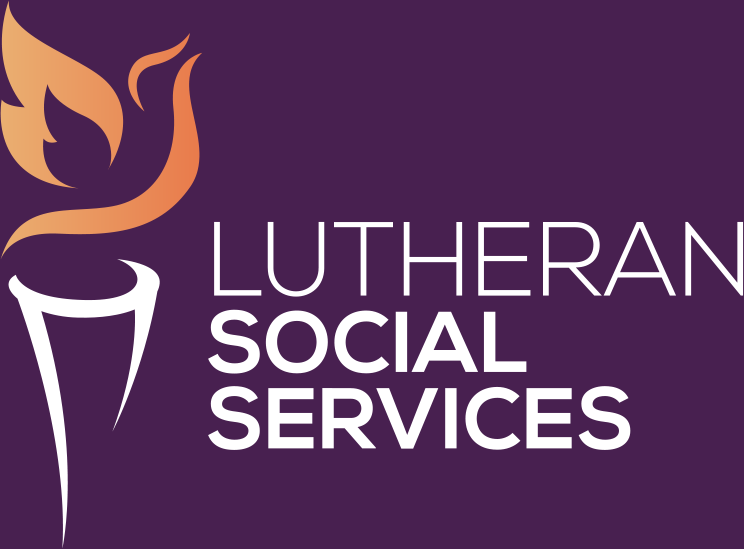Plan for Safety
Be proactive, make a plan and take the steps to stay safe.
Need help? Call the 24-hour crisis line: 614-224-HOME (4663)
What Can I Do to Stay Safe?
Below are tips to help keep you as safe as possible. Following these suggestions can’t guarantee your safety, but they could help make you safer.
Call the Police
If at any time you feel you are in danger from your abuser, you can call 911. In some instances, CHOICES can provide you with a new prepaid cell phone, if you believe that your phone has been compromised.
Should you decide to reach out to the police, please take note of the following information. Your active participation will support the police in performing their duties more effectively, thereby enhancing your efforts to ensure your safety.
- If your abuser is still present when the police arrive, ask to speak with them in private.
- When the police arrive, tell them in detail what happened leading up to you making the call, including everything your abuser said and did.
- If your abuser hits you, and you feel comfortable, please share this information with the police about where, how many times you were hit, and show them any marks that are left on your body. Not all marks will show up immediately. If you see marks after the police are gone, call the police to have pictures taken of the marks. The pictures may be used in court.
- If your abuser has broken any property, show the police exactly what has been damaged.
- If you and your children choose not to stay in the home, the police can help you leave safely.
- The police can connect you to CHOICES.
- The police are required to make a report documenting what happened to you. Police reports can be used in court if your abuser is charged with a crime. A police report can also be used to help you get a protection order against your abuser.
- Get the officers’ names, badge numbers, and the report number in case you need a copy of the report.
Get Support from Family, Friends and Co-Workers
If you feel comfortable, discuss your situation with supportive friends, family and co-workers. Maintaining regular contact with people who support you is crucial to helping you stay safe, whether you’re at home or at work.
If you choose to stay in your home and relationship, ask a friend or family member to help you develop a safety plan that includes setting aside money and important documents in a safe place, as well as making a plan to leave when it is safe.
If you do decide to leave the relationship, friends and family can help you make that transition. They may provide support in finding financial assistance, finding a new place to live, storing your belongings, or getting help from a domestic violence program like CHOICES.
Find a Safe Place to Stay
While you may not feel that leaving your home is fair, sometimes leaving is the only way to ensure that you stay safe. If staying with family or friends is not an option, contact CHOICES at 614-224-4663 for information about temporary emergency shelter and other programs.
Get Medical Attention
If your abuser has hurt you, please consider seeking immediate medical attention from your doctor or the hospital. It is very important to give as much information about your injuries as you feel comfortable sharing. Keep in mind:
- You may have injuries you can’t see or are not aware of.
- What appears to be a minor injury could in fact be serious.
- If you are pregnant and were hit in your stomach, tell the doctor immediately.
Because abusers often hit their victims in the head, domestic violence victims can be in danger of closed head injuries. If you experience any of these symptoms, get medical care immediately: memory loss, dizziness, vision problems, vomiting, long-lasting headaches.
If your abuser held you by the throat and your breathing was interrupted, tell the doctor immediately.
